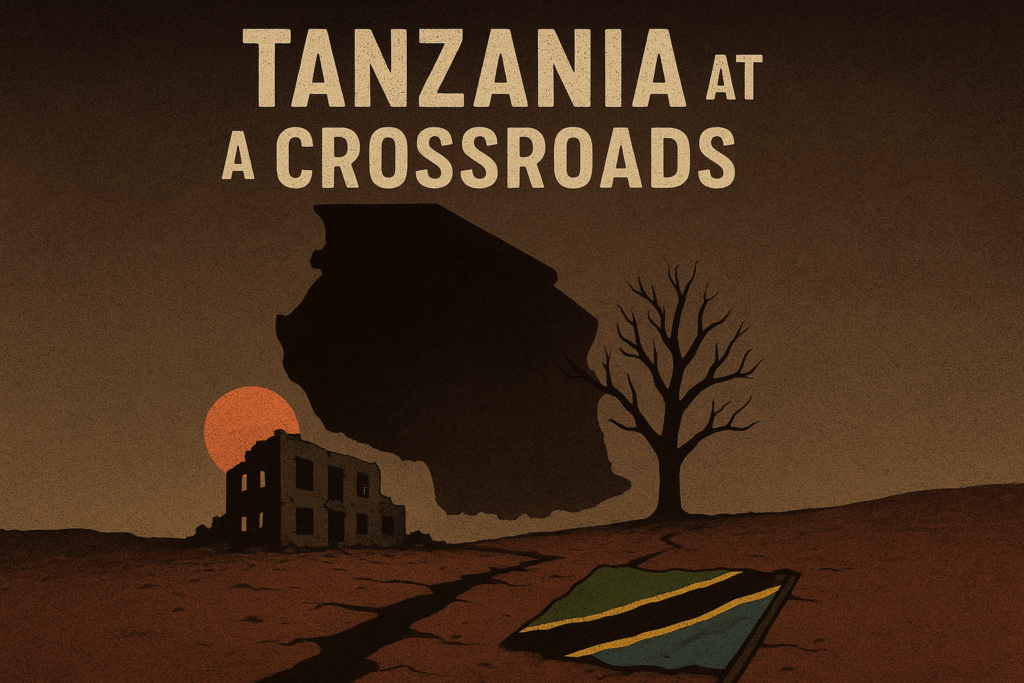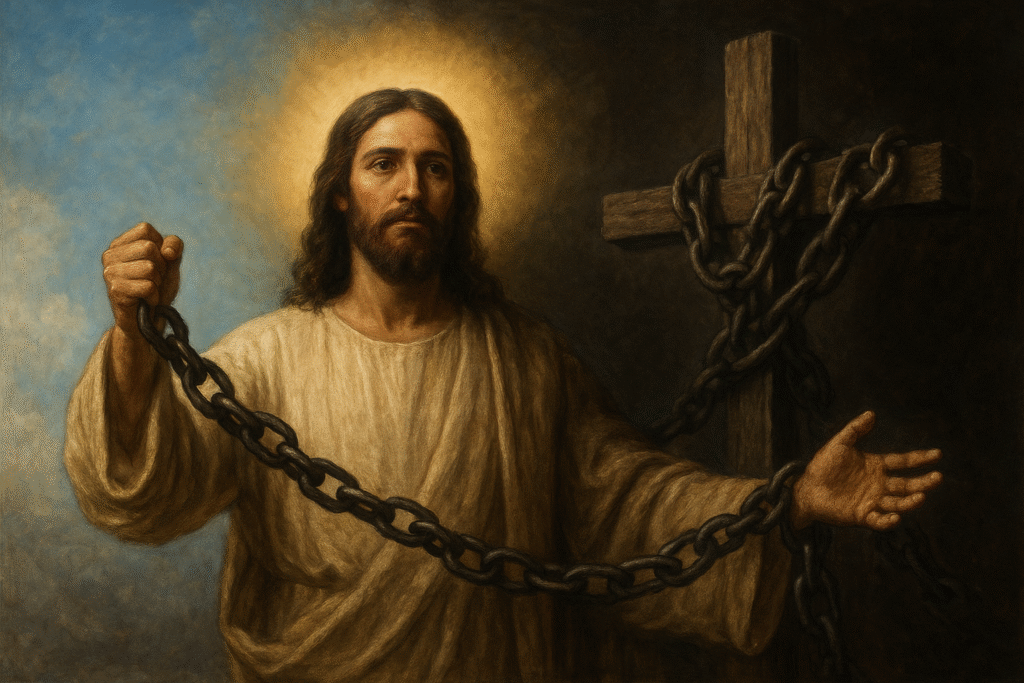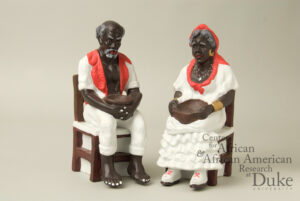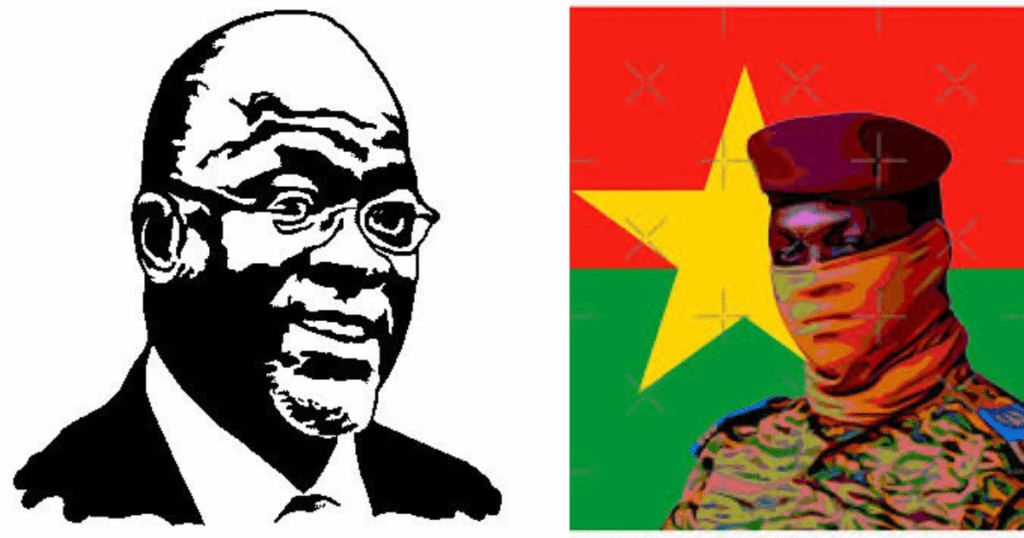Let’s start with a fact that should shake the very foundations of our faith: The first slave ship to arrive in Africa was called the ‘Jesus’.
Let that name echo in the silence of our history. ‘Jesus’. The same name we call in prayer, the same name that promises salvation, was the name painted on the hull of a vessel designed for our bondage. This is not a coincidence; it is a metaphor written in blood and brine. It forces upon us a question we have been too pious, too afraid, to ask: Did Christianity come to save us, or did it come to enslave us?
The text you shared cuts to the heart of this spiritual conflict:
“Black people, like the Bible, have been translated into over 600 languages, transcribed not only by God’s chosen but by colonizers who took the Bible out of context the way they took Black folk out their continent…”
Our bodies and our beliefs were cargo on the same ship. The colonizer did not just take us from our land; he took our gods and gave us his own, weaponized and wrapped in scripture. They spray-painted tainted verses on our suffering. When our spirits rebelled against the chains, they whispered, “Servants, obey your masters.” We bowed our heads, not in protest, but in a prayer that had been drafted by our oppressors.
The Spiritual Mining of Africa
You said, “Africans go to church, the whites go to the mining.” This is the most potent truth.
While we fill pews on Sunday, singing praises to a God often depicted as a white, bearded man in the sky, the descendants of our colonizers are not in church—they are in boardrooms, at mining sites, and on stock exchanges, managing the very systems that continue to extract wealth from our soil and our labor.
They gave us the Bible and took the mines. They gave us heaven and took the earth. They gave us a religion that taught us to be meek, to turn the other cheek, and to store our treasures in a heaven we cannot see, while they systematically looted the tangible treasures beneath our feet. We were spiritualized into submission, while they were materialized into power.

What Culture is Christianity? What Culture is Islam?
This is the central question. Christianity and Islam, as they arrived on our shores, were not neutral spiritual offerings. They were cultural projects of conquest. They came with a blueprint: to dismantle, displace, and destroy what was here.
What culture is Christianity in Africa? It is the culture of European names replacing our meaningful ancestral ones. It is the culture of abandoning our traditional attire for Western suits in the sweltering heat. It is the culture that labelled our vibrant, communal dances as ‘pagan’ and our deep, earth-based spiritual traditions as ‘witchcraft’.
Our ancestors had their own ways of praying. They communicated with the Divine through the rustling leaves of the sacred Iroko tree, in the rhythm of the djembe drum that mimicked the heartbeat of the earth, and in the libations poured to honor those who walked before us. Our prayers were not confined to a building with a steeple; they were woven into the fabric of daily life, in gratitude for the rain, the harvest, and the community.
The text asks, “Why ghostwrite a White God to hunt Black gods?” Because a people without their gods are a people without a soul, without memory, without resistance. To make us despise our own spiritual lineage was the ultimate act of psychological warfare. We were taught to behold a White God while being told our Black gods were demons. This is not salvation; it is spiritual genocide.
Reclaiming the Thief in the Night
The scripture says, “Behold, I am coming like a thief in the night.” The text retorts, “Who knew the Second Coming would be a trip?”
Indeed, who knew the ‘thief’ would not be a divine savior, but a colonial force stealing our land, our resources, and our souls under the cover of spiritual darkness? The ‘Second Coming’ we were promised has turned out to be the long, painful trip of our own displacement and cultural dismemberment.
So, where do we go from here? To say Christianity is not for Africans is not to dismiss the genuine faith in the hearts of millions. It is, however, a call for a profound reckoning.
It is a call to excavate our own spirituality. It is a call to sit at the feet of our remaining elders and learn the old prayers. It is a call to revive our traditions, not as museum pieces, but as living, breathing systems of meaning that connected us to our environment and to each other in a sacred web of life.
We must understand that the most radical act of defiance for an African today may not be a political protest (though that is vital), but the quiet, determined act of pouring a libation to our ancestors, of wearing our tribal marks with pride, of reclaiming our names, and of seeing the Divine in our own image.
The chains on our wrists are gone, but the chains on our minds are still firmly locked by the very religion we cling to. It is time to break free. It is time to remember that long before the ship named ‘Jesus’ arrived, we knew God by another name. And that God, our God, was never white, and never intended for us to be on our knees.





